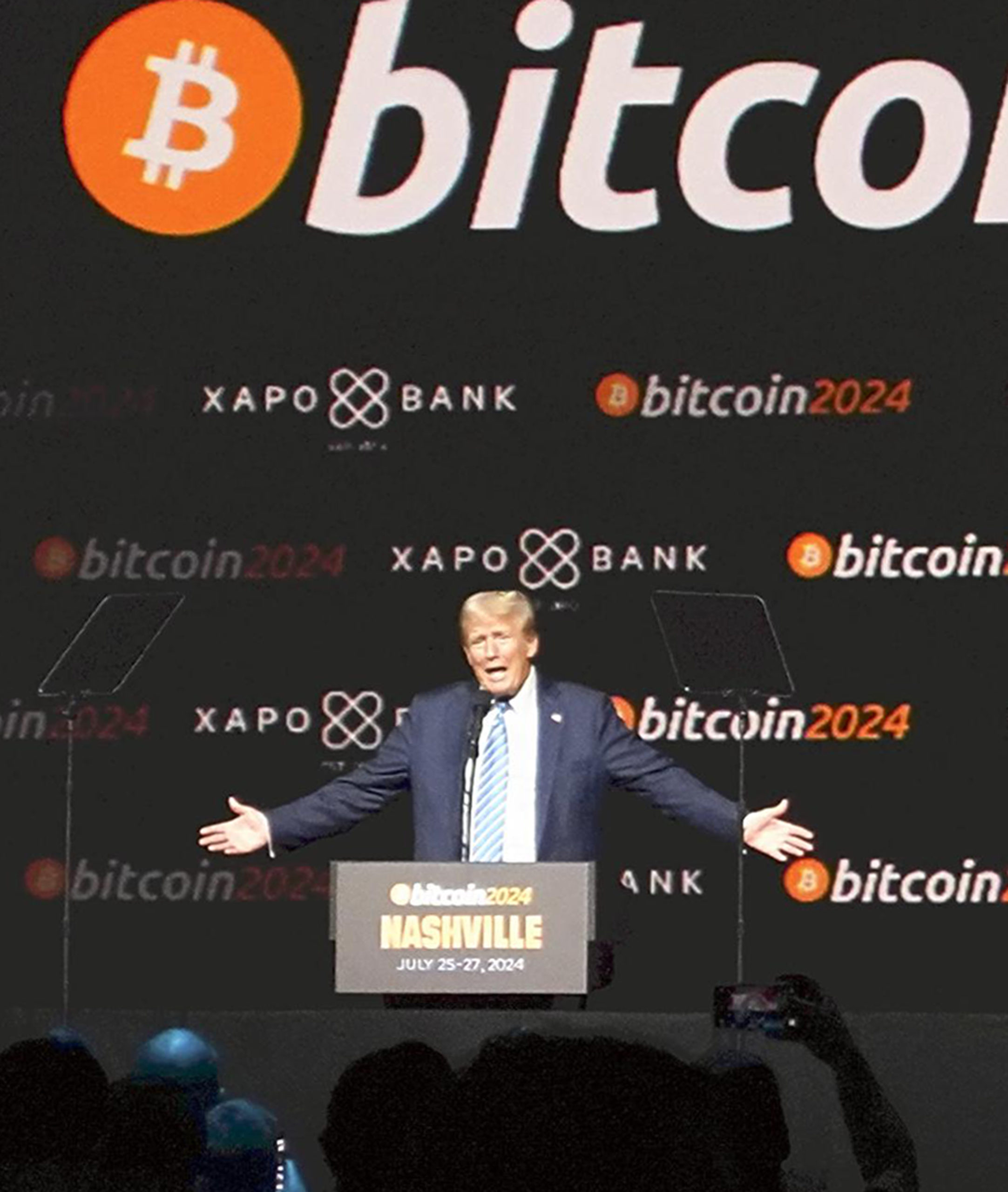US Fully Embraces Stablecoins Amid EU and UK Regulatory Concerns

U.S. Moves Toward Embracing Cryptocurrency Amidst Global Regulatory Concerns
Legislative Developments in the U.S. Crypto Landscape
As the European Union and the United Kingdom grapple with stablecoin regulations, the United States is poised to fully embrace cryptocurrency, despite significant concerns regarding the lack of oversight from the Federal Communications Commission (FCC). This week, the U.S. crypto sector is on the brink of mainstream acceptance as a series of pro-industry bills advance through Congress, potentially facilitating the integration of digital assets into conventional finance.
- Legislative Developments in the U.S. Crypto Landscape
- Warnings from European Financial Leaders
- The Upcoming “Crypto Week” in Congress
- Institutional Sentiment and Market Reactions
- Key Features of the GENIUS Act
- Industry Readiness for Stablecoin Integration
- Concerns from Democratic Lawmakers
- Additional Legislative Actions
- Regulatory Clarity for Cryptocurrencies
- Trump’s Influence on Cryptocurrency Policies
Warnings from European Financial Leaders
Over the weekend, Andrew Bailey, the Governor of the Bank of England, cautioned financial institutions against the issuance of stablecoins. Meanwhile, Christine Lagarde, President of the European Central Bank, expressed concerns that these digital currencies could jeopardize the stability of the financial system. European Parliament members have repeatedly highlighted that stablecoins like Tether are allegedly being exploited on a large scale to circumvent sanctions against Russia, with The Economist labeling Tether as a “money launderers’ dream.”
The Upcoming “Crypto Week” in Congress
The House of Representatives is preparing to pass a suite of cryptocurrency-related legislation, with the Republican majority dubbing this initiative “crypto week.” Among the most significant proposals is a bill aimed at establishing a regulatory framework for stablecoins, which is expected to reach President Donald Trump’s desk soon.
This legislation, along with another bill defining the classification of crypto tokens as commodities, represents a substantial victory for the crypto industry, which has long advocated for federal regulations and invested heavily in last year’s elections to support pro-crypto candidates.
Institutional Sentiment and Market Reactions
Jag Kooner, head of derivatives at crypto exchange Bitfinex, noted that when lawmakers endorse industry-backed frameworks, institutional confidence tends to increase. He anticipates that capital previously held back due to regulatory ambiguity will begin to flow back into the market. This legislative push coincides with recent record highs in Bitcoin prices, as investors return to risk assets amid tariff-related news and optimism that new laws could unlock capital in the crypto sector.
Key Features of the GENIUS Act
The centerpiece of the upcoming votes is the GENIUS Act, which aims to establish federal requirements for stablecoins. These digital currencies, designed to maintain a stable value typically pegged to the U.S. dollar, have seen rapid adoption among crypto traders for transferring funds. The GENIUS Act has garnered bipartisan support in the Senate, with several Democrats joining the majority of Republicans in backing the proposed regulations. It is anticipated to pass the House and subsequently be signed into law by Trump.
The bill mandates that stablecoins be backed by liquid assets, such as U.S. dollars and short-term Treasury bills, and requires issuers to publicly disclose the composition of their reserves on a monthly basis. Proponents argue that these regulations could enhance the legitimacy of stablecoins, making them more acceptable to banks, retailers, and consumers for transactions.
Industry Readiness for Stablecoin Integration
Julia Demidova, head of digital currencies product and strategy at FIS, a financial technology provider, remarked that many companies across various sectors are already strategizing on how to incorporate stablecoins into their operations. She emphasized the urgency for banks to develop a strategy in response to emerging fintech-issued stablecoins.
Concerns from Democratic Lawmakers
Despite the momentum behind the GENIUS Act, many Democrats have raised concerns that it may not adequately prevent large tech companies from launching their own private stablecoins. They are advocating for stronger anti-money laundering measures and restrictions on foreign stablecoin issuers. Some Democratic members are expected to propose amendments to both the GENIUS Act and the CLARITY Act during the upcoming House discussions, although it remains uncertain if these amendments will be accepted.
Additional Legislative Actions
The House is also set to vote on a bill that would prohibit the issuance of a central bank digital currency in the U.S., with Republicans arguing that such a move would infringe on Americans’ privacy. This bill has yet to be reviewed by the Senate, and the Federal Reserve has not indicated any plans to pursue a central bank digital currency.
Regulatory Clarity for Cryptocurrencies
Additionally, the House is likely to pass the CLARITY Act, which aims to create a regulatory framework for cryptocurrencies and expand the oversight of the Commodity Futures Trading Commission (CFTC) over the digital asset sector. If enacted, this legislation would clarify the classification of cryptocurrencies as either securities or commodities, potentially allowing crypto companies to avoid the scrutiny of the Securities and Exchange Commission (SEC), which has taken legal action against several exchanges under the Biden administration.
Crypto advocates argue that classifying most tokens as commodities would simplify the process for platforms to offer these assets to their users. The CLARITY Act still requires Senate approval before it can be sent to Trump for final endorsement.
Trump’s Influence on Cryptocurrency Policies
Trump has been actively seeking to reform U.S. cryptocurrency policies, having garnered significant financial support from the industry during his presidential campaign. The crypto sector contributed over $119 million to pro-crypto congressional candidates in the last election cycle. Trump’s own ventures in the crypto space include a meme coin called $TRUMP, launched earlier this year, and a business named World Liberty Financial, which is partially owned by him.
The White House has stated that there are no conflicts of interest, asserting that Trump’s assets are managed in a trust overseen by his children.







